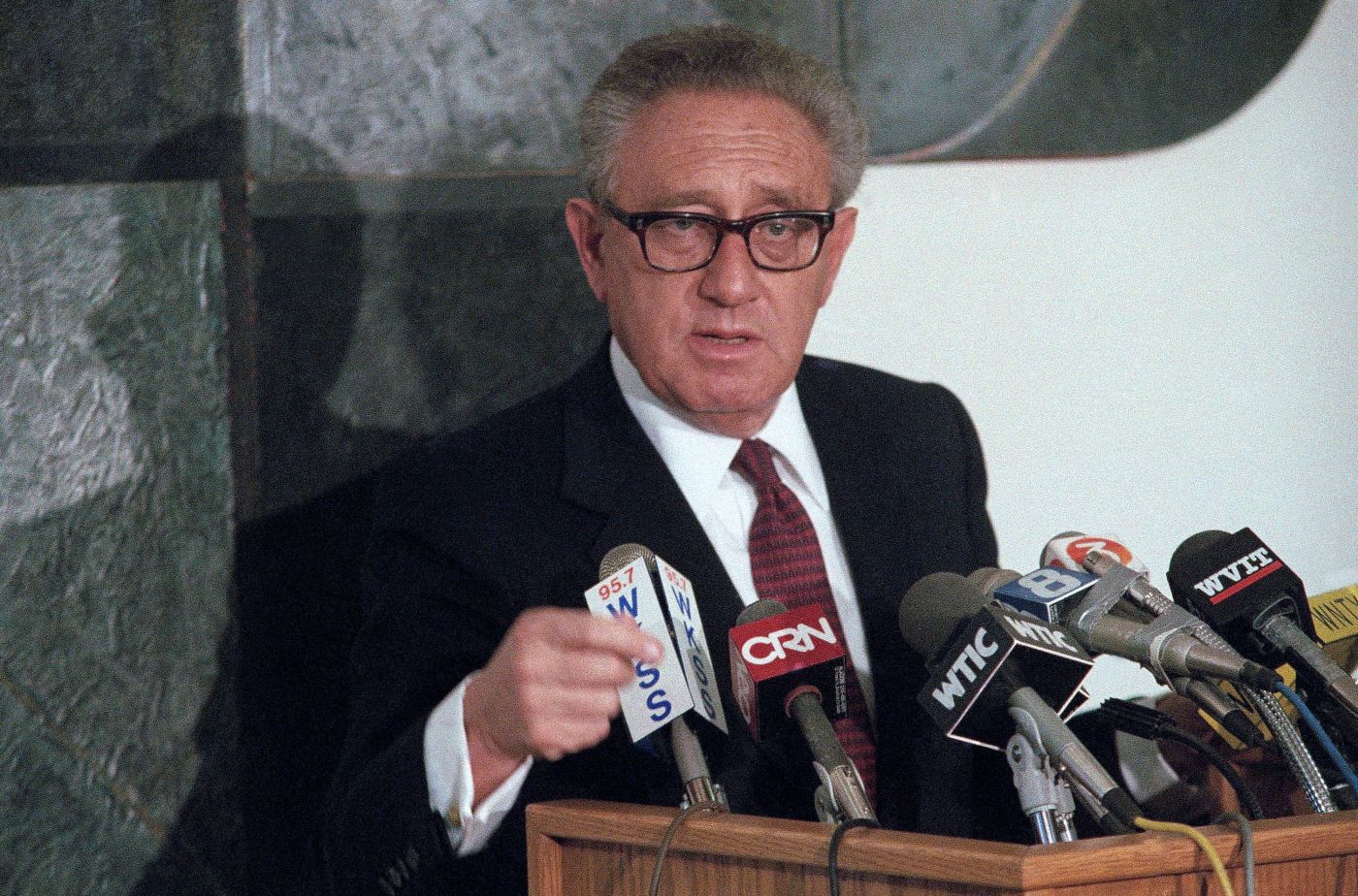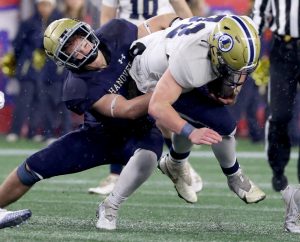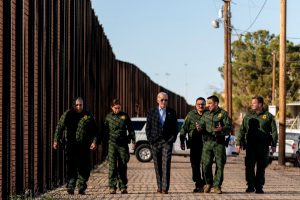
King: Remembering Kissinger through eyes of rival
Henry Kissinger has died age 100. I remember him through his archrival, James Schlesinger.
April 24, 1980, was a bleak day for the United States. It was the day we lost helicopters and eight men in the desert during the failed attempt to rescue the hostages held by Iran.
Two Washington titans were out of office, chafing at their distance from power, their inability to take action and the attendant sense of impotence. They also disliked — no, hated — each other.
These giants were Henry Kissinger and James Schlesinger. Kissinger had been a national security adviser and secretary of state. He shaped geopolitical thinking for the latter half of the 20th century. He informed foreign policy as no other has.
Schlesinger had been the chairman of the Atomic Energy Commission, director of the CIA, secretary of defense and the first secretary of energy.
I had started covering Schlesinger as a journalist when he was at the AEC in 1971, and we formed a friendship that would last until his death.
I called Schlesinger to get the story on that fateful day in the Iranian desert. He astounded me by telling me that he was in close contact with Kissinger. “Henry has better sources than I do on this,” he said.
I remember that sentence verbatim because it was extraordinary to hear Schlesinger refer to Kissinger by his first name. I had never heard it, and, except for that day when I heard Schlesinger refer to Kissinger as “Henry” all day, I never heard it again. Before and afterward, it was always just “Kissinger,” often preceded by a derogatory qualification.
“Henry may know.” “Let me see what Henry has heard.” Schlesinger had an open line to Kissinger, asking questions on my behalf all day.
I assumed that the rift between two of the most formidable figures in Washington was bridged. Some said this animosity went back to their time at Harvard.
In 1984, Kissinger published one of the volumes of his memoirs. I asked Schlesinger if he had read the book. He responded with a string of invective against Kissinger. Obscenities often flowed from Schlesinger, but this was epic. So much for first names and respect that one day of entente.
In government, Kissinger thought Schlesinger was too hardline, too reckless in his attitude toward the Soviet Union, Iran and, later, Saddam Hussein. Schlesinger thought Kissinger’s reputation was overblown and he enjoyed the machinations of negotiation without regard to the end result.
I never formally met Kissinger. But at a dinner in Washington where Kissinger had spoken and was taking questions afterward, someone at my table asked me to ask his question on the grounds that asking questions was my job.
I thought it was a stupid question, but I asked it anyway. Kissinger glowered at me, so everyone could see who had asked the question, and declared, “That is a stupid question.”
Llewellyn King is the executive producer and host of “White House Chronicle” on PBS/InsideSources


